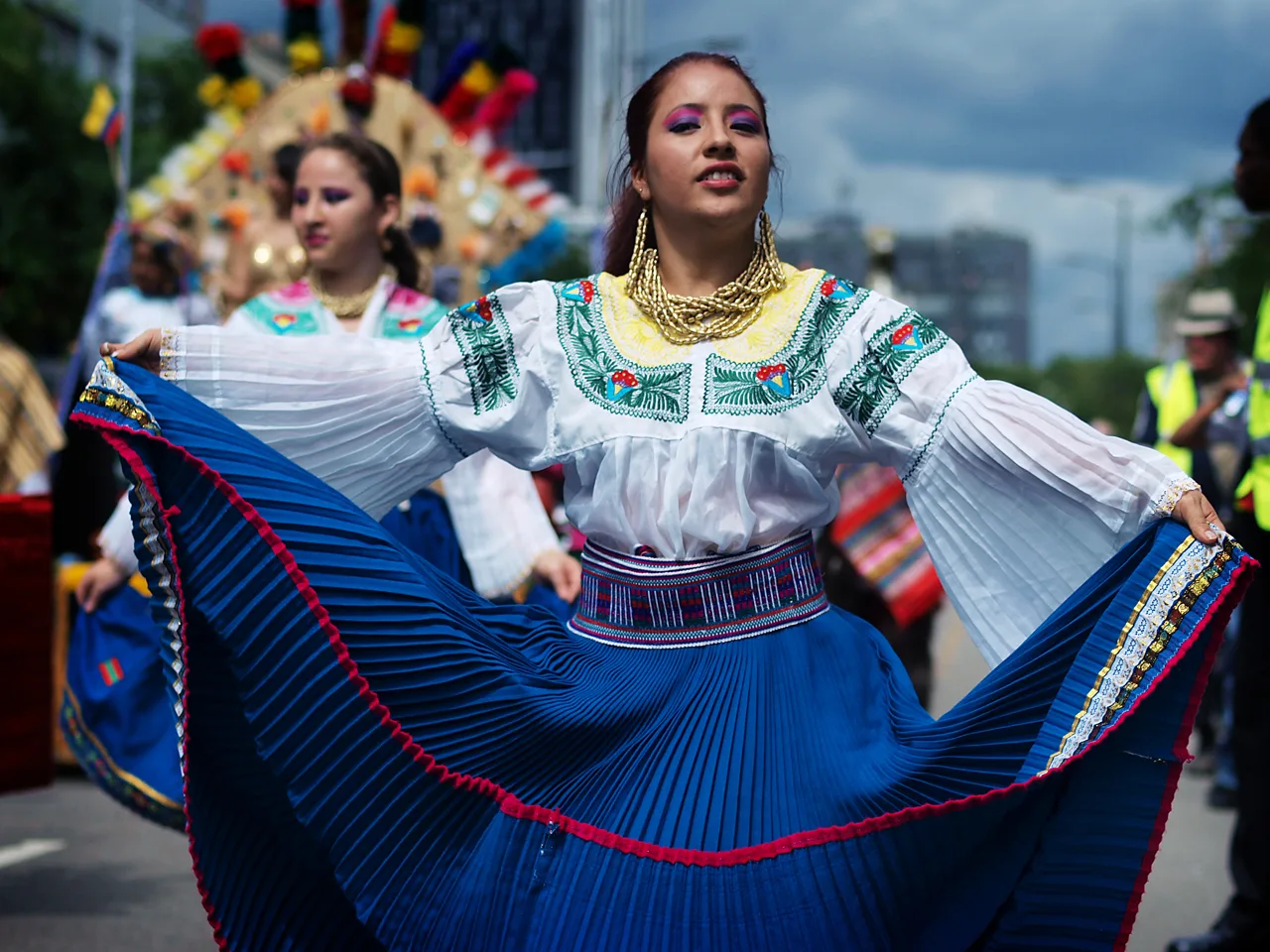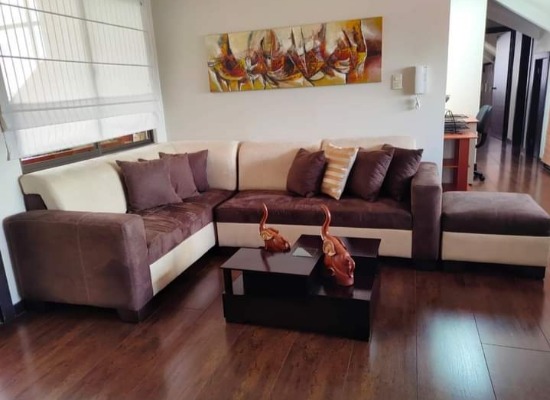A brief guide to Ecuadorian culture

Source: Wikimedia
For many years, expats from across the western world have been drawn to Ecuador, and for good reason. Our country is rich in diverse and historical culture as over the centuries, many nations have made their homes here. And as result, we count indigenous, European, Indian and African citizens among our civilization.
In the decades before the Inca Empire, Ecuador was inhabited by many indigenous civilizations including the Valdivia, one of the first-known civilizations to predate the Inca in the Americas. Separate groups of people thrived in areas near to present-day Cuenca, Guayaquil and our capital city of Quito. Each of those cultures created their own unique architecture, religious customs, pottery, written language and music. Among other artifacts, archeologists have discovered many ancient yet recognizable musical instruments, such as flutes, trumpets and drums, in excavated sites throughout the country.
Architecturally and geographically, there is so much to discover throughout Ecuador. From the snow-topped Andes to the desert-like southern coast, the plains of the Amazon basin and the extraordinary Galapagos Islands, each area has its own unique atmosphere. The cities of Cuenca and Quito, in particular, have some of the best examples of historical Ecuadorian architecture throughout the region. Situated in the southern Andes Cuenca’s Tomebamba River, a tributary of the Amazon, acts as a tour guide to the highlights of the city.
Meanwhile, Quito’s UNESCO World Heritage Site showcases the diverse architectural styles in the colonized part of the city. The Spanish influence is particularly evident in the stunning La Basilica del Voto Nacional; its gothic splendor recalling Gaudi’s unforgettable and unfinished masterpiece La Sagrada Familia in Barcelona.
But Ecuador’s culture isn’t all historical, there’s a thriving music scene throughout the country that is celebrated during the various festivals that run here throughout the year including the Verano de las Artes Quito, an independent music festival. Each area of the country also has its own distinct sounds: in the Andes, the evocative rondador panpipes are still played to this day, the Pacific coast has a strong Latin American influenced dance music scene and in the Afro-Ecuadorian areas, the sound of the marimbas will be heard ringing out.
Since 1924, Ecuadorian athletes have successfully competed in Summer Olympic events, but in the 2012 games, the country failed to win a medal for the first time since 2004. One of the most memorable moments of the London games was the Men’s 200m finals. Sprinter Alex Quinonez carried the hopes of the country after sailing through the qualifying rounds rightfully earning his position among the greatest sprinters in the world. However, despite his best efforts, he wasn’t able to challenge Usain Bolt for a medal and eventually placed 7th.
Read my lips @KevinHart4real. You’re going to lose big time at the final table, little man. #GameOn #ad pic.twitter.com/BNNZPZ4xkq
— Usain St. Leo Bolt (@usainbolt) November 22, 2017
The richness and diversity on offer throughout Ecuador can make it difficult to choose a city to relocate to as an expat. But one of the best things about the country is that no matter where you are, you are still near those geographical wonders like the Andes, and are just a short trip away from experiencing the traditional culture still evident in the Galapagos Islands. In this multi-ethnic country, expats will never be bored exploring our geography, architecture and culture.





















